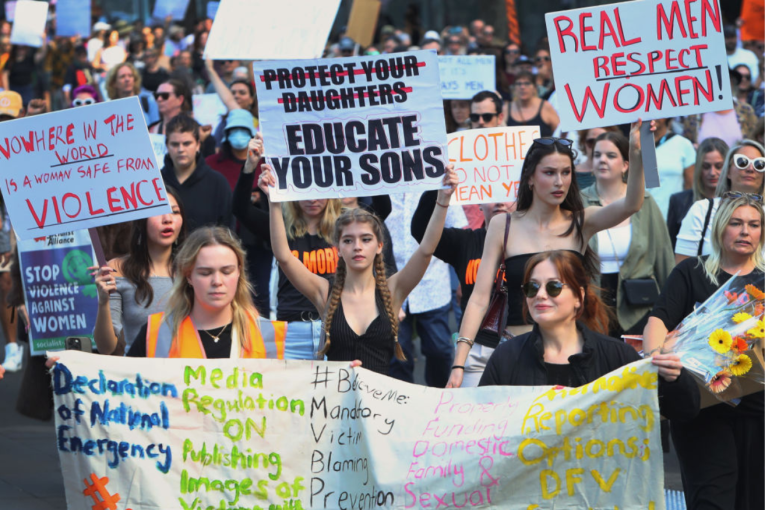RBA admits it was wrong on rate cuts – and yet again begs Canberra to help out


Award-based pay has been enjoying stronger growth than enterprise bargaining or individual agreements. Photo: Getty
It’s getting embarrassing. The Reserve Bank publicly begging the federal government for help in turning the economy around.
Governor Philip Lowe was at it again on Thursday, confessing to an Adelaide audience that June’s quarter-percentage-point interest rate cut wouldn’t do much, promising at least one more rate cut, leaving the door open for more – and reminding anyone with ears that there’s more to life than monetary policy.
There’s still no sign Canberra is listening, so presumably the RBA will keep banging its begging bowl ever louder on Treasurer Josh Frydenberg’s door.
One way of amplifying the urgency was to effectively admit the RBA was wrong to wait until this month to trim the cash rate, wrong to not cut the cash rate in May.
Of course, a cut at the RBA board’s May meeting would have been just before the election and would have been seen as a politically embarrassing statement that the economy was not strong and needed urgent help.
RBA governors don’t often admit to getting things wrong, or at least not until a long time after the event.
Yet Dr Lowe underlined that: “[The decision to cut this month] was not in response to a deterioration in the economic outlook since the previous update was published in early May. Rather, it reflected a judgement that we could do better than the path we looked to be on.”
In other words, they should have cut in May and were wrong to delay. I wonder if the governor feels just a little guilty about that.
So with that off his chest, the governor went to his now-standard plea for federal government action: “It is important though to recognise that monetary policy is not the only option, and there are limitations to what can be achieved. As a country we should also be looking at other ways to get closer to full employment.
“One option is fiscal policy, including through spending on infrastructure. Another is structural policies that support firms expanding, investing, innovating and employing people.
“Both of these options need to be kept in mind as the various arms of public policy seek to maximise the economic prosperity of the people of Australia.”
Dr Lowe has been publicly making that point for five years now, to little avail.
Thursday’s speech was mainly about the problem of sub-standard wages growth, the inability of workers to get more money for their labour despite the labour marketing tightening in several areas.
“In a tight labour market, we would expect to see either strong wages growth or frequent job changing as businesses seek out workers,” Dr Lowe said. “But we are seeing neither at present.”
The simple answer for the RBA is that the labour market isn’t tight enough, that the present national unemployment rate of 5.2 per cent needs to fall to more like 4.5 per cent to get wages moving.
But Dr Lowe noted that New South Wales and Victoria had unemployment rates of around 4.5 per cent, yet overall wages growth in those states was still running at just 2.5 per cent.
The bank keeps searching for more detailed reasons for the failure of wages to rise.
Dr Lowe continues to like the idea of workers’ nervousness: “One possible explanation for this is the uncertainty that many people feel about the future. This uncertainty means that if you have a job, you want to keep it rather than take a risk with a new employer. This might be especially so if you also have a large mortgage. So it is possible that the high level of household debt is also affecting labour market dynamics.”
Coincidentally, or perhaps not coincidentally, the RBA’s Bulletin on Thursday includes a research paper on wages growth by pay-setting method.

Unsurprisingly, it turns out that award-based pay has been enjoying stronger growth than EBA or individual arrangements.
Given what’s happened to awards though, only about 20 per cent of the workforce is remunerated that way.








